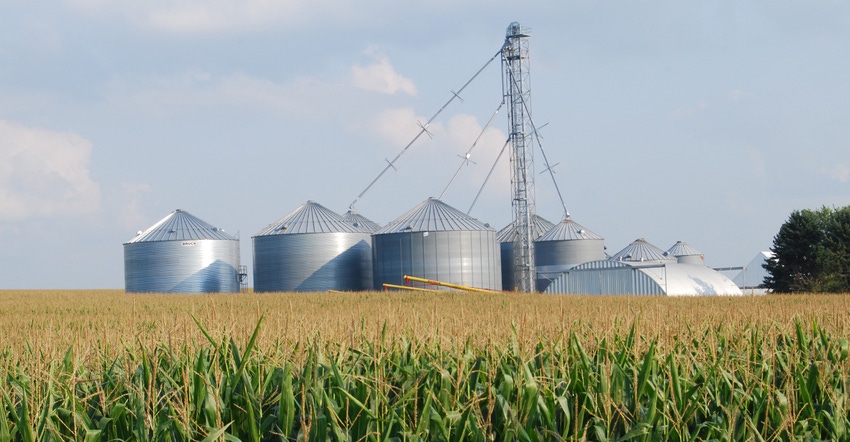August 20, 2020

Each month in Wallaces Farmer magazine, the Timely Tips panel answers questions sent by readers. Members of the Timely Tips panel are Alejandro Plastina and Wendong Zhang, Extension economists, Iowa State University; Leslie Miller, Marion County Savings Bank, Knoxville; and Rob Stout, Master Farmer, Washington, Iowa.
Seems to me the COVID-19 crisis has created a window of opportunity for farm families to transfer farm real estate to the next generation. Interest rates are quite low. And land values are at a standstill and may trend lower the next few months. I have 500 acres in Iowa to remove from my taxable estate. If an appraiser certifies at the time of transfer that those acres are worth $8,000 instead of $10,000 an acre, I’m thinking I could avoid a significant amount of income tax. What about estate tax on farmland in Iowa? How does that work?
Zhang: The Iowa State University Ag Decision Maker website has several resources on estate planning. Information file C4-24 provides general background on federal estate taxes, and C4-25 has info on Iowa inheritance taxes. Even though the exemption for estate taxes is now increased to $11.2 million for a couple, it is still critical to do estate planning.
Selling now potentially could make you ineligible to use the stepped-up tax basis and triggers capital gains taxes depending on when you bought 500 acres. In addition, the tax value of this land could be very different from the market value you mention. Generally, the assessed value is 15% to 20% of market value for Iowa farmland. This value could vary depending on the ownership structure as well. I suggest you seek the advice of an expert in the estate planning arena.
Miller: This is one of those areas where the first thing I say is, “Consult an attorney that knows the current income tax and estate tax laws.” With that in mind, let me share a few thoughts. If you sell your land for a specified price, that is the price that will be used in determining what your taxable gain might be, not the certified appraisal valuation. Since your taxable gain will be based on the sale price less the basis cost of the land, you might want to sell the land with the highest basis. If you have not held that land for long enough to qualify for capital gains taxes, then sell a tract that does qualify. Usually capital gains taxes will be less than ordinary income tax.
Some farm families have placed land into a trust to minimize the consequences of income and estate taxes. Again, this is an area where you should consult with an attorney to understand the aspects of transfer of ownership. Regarding estate taxes in Iowa, the law is currently written so spouses and direct lineal descendants or descendants will not pay an estate tax on land. If land is transferred in the estate to a brother or sister, that person would be responsible for paying the estate tax.
Stout: You are considering selling the farmland to the next generation. Interest rates are low, creating a good time for the buyer in that regard. Also, as you state, land has gone down in price from its peak in 2014. If you sell the land, your capital gains tax would be lower because of a lower value. You would pay capital gains tax on the difference between the selling price and your basis, or cost of the land.
The estate tax question is a different situation and would be paid by your estate. That would be the transfer of assets upon your death. There is a federal exemption of $11.58 million for this year, which has changed nearly every year recently. The Iowa estate tax is exempted if it is given to a linear descendant. There is a possibility of gifting the land while you are alive and using up your lifetime exclusion, but that is more complicated, and you should consult an attorney and CPA on that topic. A change in Congress or administration could change the lifetime exclusion drastically, so tread carefully.
You May Also Like




